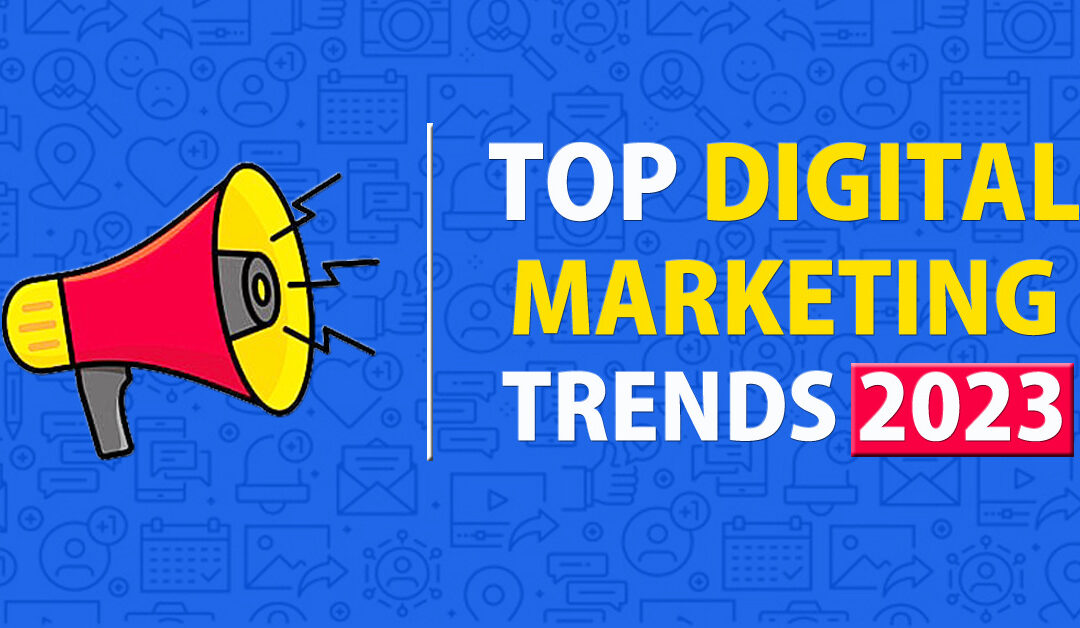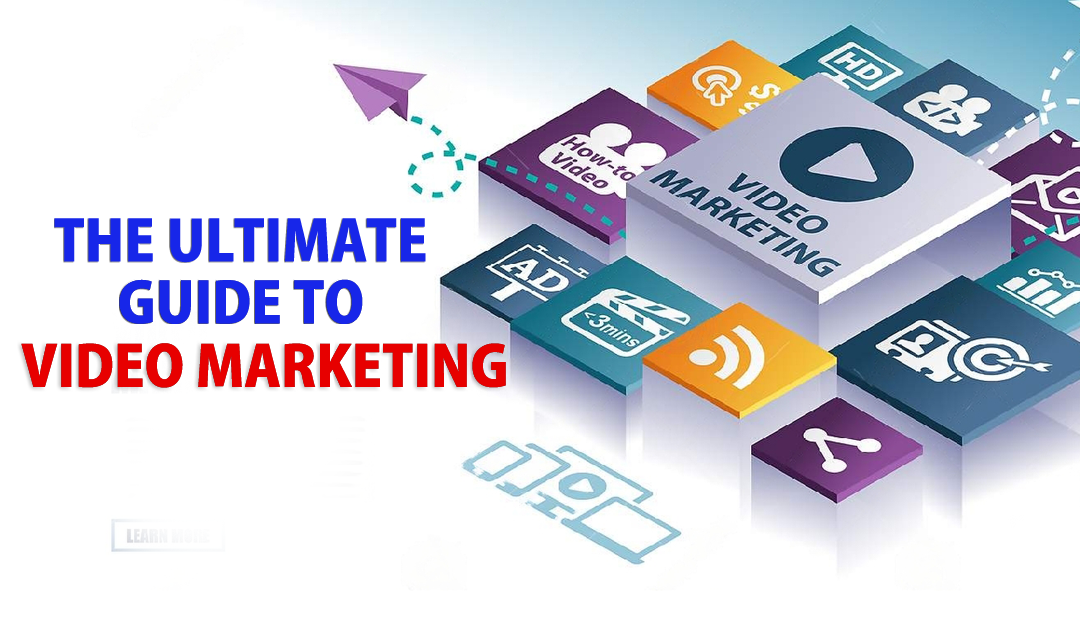
AI: The Ultimate Gamechanger for Today’s Business
Artificial Intelligence (AI) is changing how businesses work, create new things, and make customers happy. It’s like having a super-smart helper in the office! AI helps with boring tasks, so people can focus on more important stuff. It also helps companies figure out what customers want before they even ask for it!
Imagine AI as a crystal ball that predicts what’s going to happen in the market. It helps businesses make smart decisions and stay ahead of the game. Plus, AI makes talking to companies easier. Have you ever chatted online with a helpful computer program? That’s AI at work, making sure customers get the answers they need quickly.
In today’s digital era, customers want everything to be easily accessible. They need quick, efficient, and outstanding customer service, and any company aiming to lead must meet these expectations.
Artificial intelligence (AI) has been a big part of this change. It’s behind virtual personal assistants and even the idea of self-driving cars. AI has transformed our world and made customers expect more from businesses.
AI also helps companies come up with cool new ideas. It’s like having a brainstorming buddy who knows everything about everything. But, using AI isn’t all easy. Companies have to make sure they’re using it in the right way and keeping people’s information safe.
Bringing Big Changes with AI
In simple words, AI means machines or computers doing tasks that usually need human smarts, like seeing things, understanding speech, making choices, and translating languages. Lately, businesses have been using AI more and more to tackle problems, create new stuff, and make customers happier.
AI can do a lot for companies:
It helps them make faster and better choices by looking at what happened before and learning from it.
- It helps them make faster and better choices by looking at what happened before and learning from it.
- AI can predict things accurately by using fancy math on big piles of data.
- It learns from past predictions to make better guesses in the future.
Let’s see how companies are using AI to change things all across the board.
1. Meeting Customer Needs with AI
AI can be like a magic trick for making customers happier, responding quicker, and suggesting better things they might like. With AI, companies can understand their customers better by looking at things like their age, what they buy, and how they act online. For example, banks can use AI-powered chatbots to talk to customers faster. These chatbots can give quick answers to questions, suggest things based on what customers like, and even give smart financial advice by looking at how much risk the customer is comfortable with, all in real time.
2. Fighting Fraud with Personalized Risk Checks
Every organization wants to avoid risks and dangers. Using AI helps them do just that by keeping an eye on past transactions, what people buy, and how they interact. This helps companies spot potential risks and make smarter decisions about handling them.
For example, AI can help insurance companies find and reduce risks when they’re deciding who to give insurance to. By using AI, insurers can look at big databases of information to find out about customers and then use that info to figure out how much to charge for policies. This helps them spot different kinds of risks, like following rules and being safe, and makes the whole insurance process better.
3. Helping Employees Make Smart Choices
Using facts and numbers to make decisions has become really popular for companies lately. It means they’re making choices based on real information, not just guesses. Companies can give their employees more power to make good decisions by sharing all this data with them.
But, turning data into decisions can be hard, and it usually needs a lot of work from data experts. That’s a big problem. To fix it, companies now have tools that make it easier for everyone to use data and make smart choices. These tools don’t need a ton of coding knowledge, so anyone can use them to look at data, analyze it, and even use AI to help make decisions. This way, companies can use their data to make better choices and stay ahead of the competition in the long run.
Revolutionizing Industries with AI
AI is making a big difference in many industries, like insurance, retail, real estate, and banking etc. . Here’s how:
Real Estate: AI is transforming how property transactions happen. It assists in tailoring experiences for each client. Real estate agents utilize AI to understand client preferences and needs, offering personalized recommendations and property suggestions. Additionally, AI helps identify potential buyers or renters for specific properties based on their preferences and behaviors. This personalized approach improves customer satisfaction and increases the likelihood of successful transactions.
Car Dealership : AI empowers car dealerships to provide efficient, personalized service, driving sales growth and competitiveness in the automotive industry. AI-powered software predicts market trends, enabling dealerships to set competitive prices and maximize profitability. Virtual assistants and chatbots provide instant responses to customer inquiries, scheduling test drives, and offering personalized recommendations. By tailoring the sales process to individual preferences, AI improves customer satisfaction and increases the likelihood of successful transactions.
Retail: AI is changing how stores work. It helps them treat each customer in a special way. Stores can use AI to figure out who their customers are and what they like. They can send special deals to each person based on what they buy. AI also helps stores know who might want to buy something from a particular deal.
Insurance: AI is helping insurance companies too. It helps them know if someone is lying about a claim. AI also helps predict if someone might get sick or die, which helps set prices for life insurance.
Banking: Banks are using AI to be smarter. It helps them find when someone is doing something wrong with their money by looking at lots of data. AI can also tell if someone might not be able to pay back a loan, so banks can decide who to give loans to. This makes sure banks don’t lose money on bad loans.
SMB : Artificial intelligence (AI) offers numerous benefits for small and medium businesses (SMBs), empowering them to improve efficiency, enhance decision-making, and drive growth. AI-powered tools can automate repetitive tasks, such as data entry and customer support, saving time and resources for SMBs. Machine learning algorithms analyze data to provide valuable insights and predictions, enabling SMBs to make informed decisions and identify growth opportunities. Additionally, AI-driven marketing solutions help SMBs target the right audience with personalized campaigns, increasing engagement and sales. By leveraging AI, SMBs can compete with larger competitors, innovate faster, and achieve long-term success in today’s competitive landscape.
In a recent survey , it was found that the adoption of AI has surged by over double in the past five years, with a steady increase in investment. Incorporating advanced technologies like AI into their operations holds immense potential for modern organizations, serving as a transformative force. This integration empowers organizations to make precise decisions, enhance operational efficiency, and deliver exceptional customer experiences. Moreover, it fosters a culture of innovation and fuels growth, positioning companies for success in a competitive landscape. By harnessing AI’s capabilities, organizations can streamline processes, optimize resource utilization, and gain valuable insights from data analytics. This not only drives cost savings but also enables proactive decision-making and strategic planning. Furthermore, AI facilitates personalized interactions with customers, tailoring products and services to meet their specific needs and preferences. As organizations embrace AI-driven solutions, they unlock new opportunities for innovation, differentiation, and sustainable growth, positioning themselves as leaders in their respective industries.

Jay Narayan Maurya
Meet Jay Narayan Maurya, a Google Certified Digital Marketer with over 15+ years of experience. Renowned as a digital marketing trainer, AI expert, web and graphics designer, video editor, and SEO specialist, Jay boasts a dedicated following of 20,000+ at LinkedIn. Beyond his freelancing success, Jay is an author of “Redefining digital marketing with artificial intelligence” . With a unique blend of skills and a passion for innovation, he stands at the forefront of the industry. Join Jay on a transformative journey as he shares insights, techniques, and the latest trends, redefining the landscape of digital marketing for professionals and enthusiasts alike.






